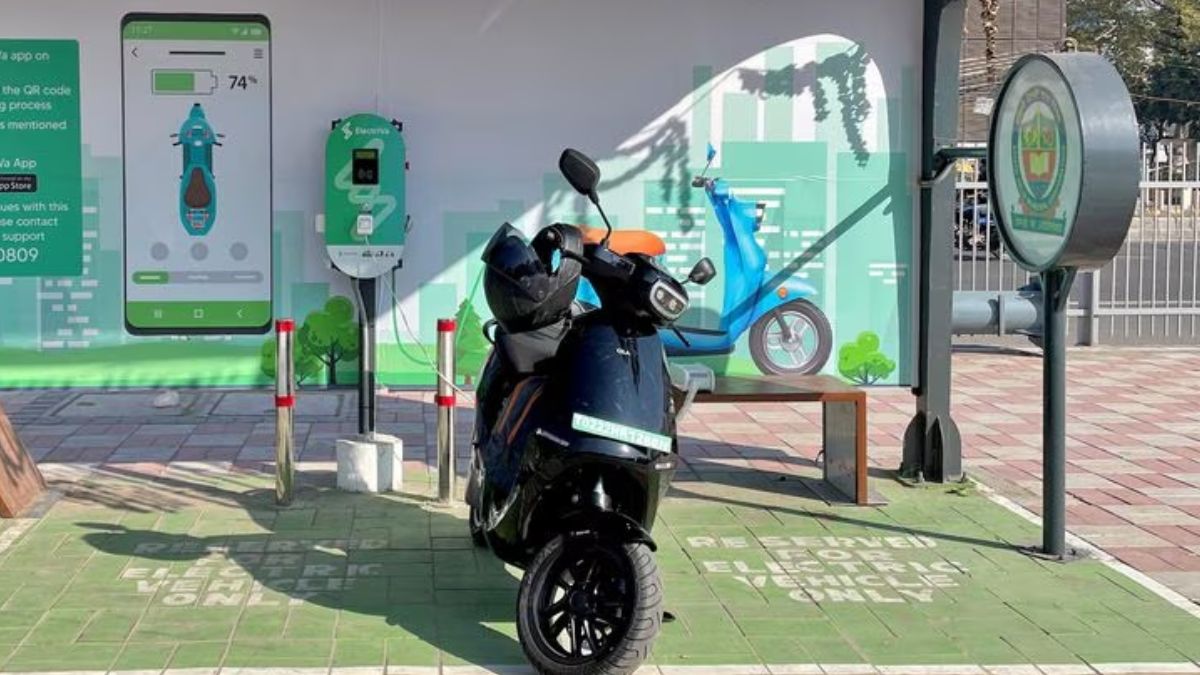- By Divanshi Sharma
- Fri, 18 Aug 2023 05:23 PM (IST)
- Source:JND
The demand for electric vehicles has seen an upward trend and the government has also started some initiatives to cater to the demand of the EVs. The government has also introduced some rules for the purchase and use of electric vehicles in India. Anyone buying an electric two-wheeler must adhere to these rules.
List of rules for driving an EV:
Vehicle Registration
Registration is crucial when purchasing any kind of vehicle. Therefore, these regulations also apply to electric two-wheelers so if you wish to drive your electric bike on the road, you have to register it with the RTO, only then you will be able to receive a licence plate.
Vehicle Specification
According to RTO regulations and ARAI regulations, electric bikes must adhere to a variety of vehicle standards. The parameters included in this are battery voltage, maximum power output, and vehicle weight.
Vehicle Insurance
According to RTO regulations, electric scooters and bikes require insurance just like all other kinds of vehicles. This is why it's crucial that you verify that your insurance policy is valid before using an electric scooter or bike.
Road Tax
Electric motorcycles and scooters are also bound to pay road tax in compliance with RTO regulations. Electric bikes and scooters have a comparatively cheaper road tax when compared to other forms of vehicles, resulting in an affordable choice for the user.
Vehicles exempted from the RTO regulations
Electric cycles are classified as those whose top speed is less than 25 km/h and electric cars that produce less power than 250W are exempted from the insurance, tax, and registration requirements of RTOs. Apart from these, all-electric two-wheelers must abide by the above-mentioned regulations.

